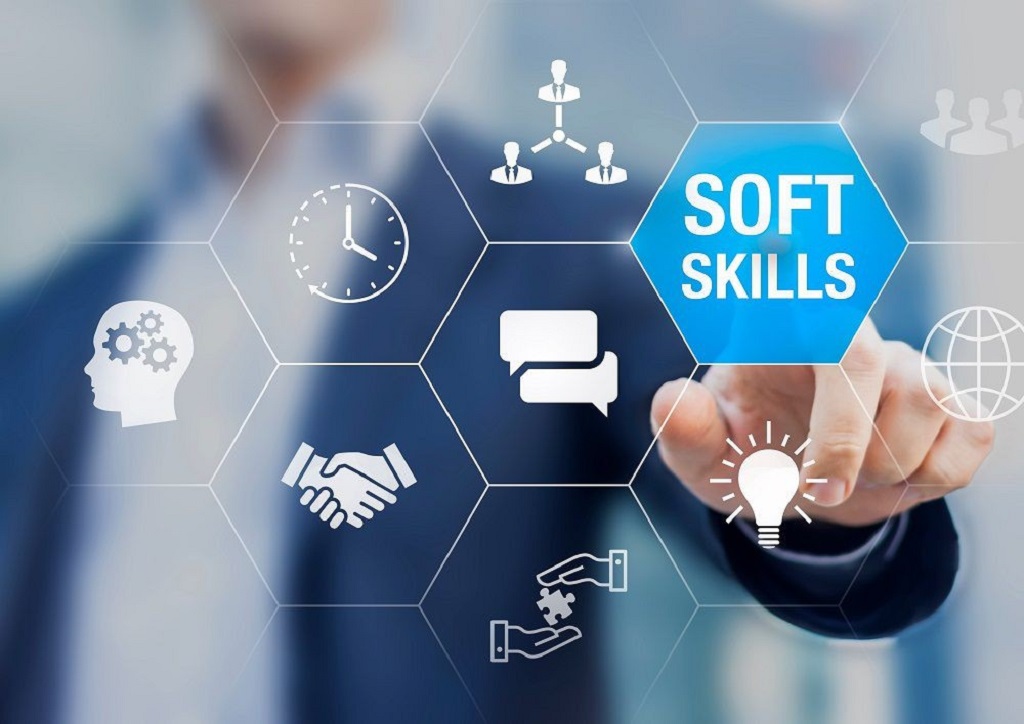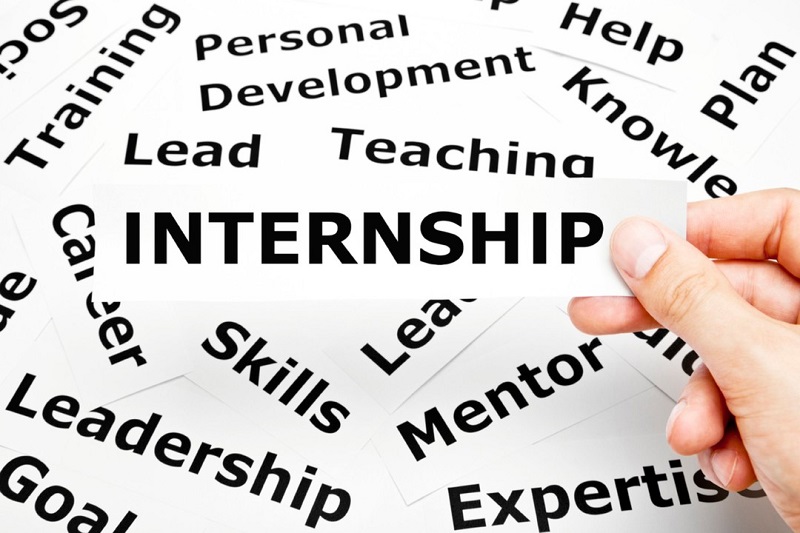Are you preparing for an upcoming job interview? Do you want to enhance your chances of success and leave a lasting impression on the interviewer? Improving your interview skills is essential to stand out from the competition and increase your prospects of landing your dream job. In this article, we will explore various strategies and techniques that can help you excel in interviews. So, let’s dive in! The article is presented by https://www.hayzedmagazine.com/
Understand the Job Requirements
Before attending an interview, it’s crucial to thoroughly research and understand the job requirements. Analyze the job description, and make a list of the key skills and qualifications the employer is seeking. This will help you tailor your answers during the interview to highlight your relevant experience and capabilities.
Research the Company
One of the most effective ways to discover how to be successful in a job interview is to demonstrate your knowledge about the company. Take the time to research the organization’s background, mission, values, and recent accomplishments. This will allow you to align your answers with the company’s goals and show your genuine interest in working for them.
Practice Common Interview Questions
Preparing for common interview questions is essential to boost your confidence and articulate your thoughts effectively. Practice answering questions related to your strengths, weaknesses, previous work experience, and future goals. By rehearsing your responses, you’ll be better equipped to provide concise and well-structured answers during the actual interview.
Develop Relevant Stories and Examples
Crafting compelling stories and examples that showcase your skills and achievements is an excellent way to make a lasting impact on the interviewer. Prepare anecdotes that demonstrate your problem-solving abilities, teamwork, leadership, and adaptability. Sharing real-life scenarios will make your answers more engaging and memorable.
Polish Your Non-Verbal Communication
Interviews are not just about what you say but also how you say it. Pay attention to your non-verbal communication, such as maintaining eye contact, having good posture, and using confident gestures. Practice your body language to appear professional, approachable, and enthusiastic.
Dress Professionally
First impressions matter, and your attire plays a significant role in shaping that impression. Dress professionally and appropriately for the job you’re applying for. Research the company’s dress code beforehand to ensure you’re dressed in line with their expectations.
Prepare Questions for the Interviewer
Towards the end of the interview, the interviewer will typically ask if you have any questions. Prepare a list of thoughtful questions that demonstrate your interest in the company and the role. Asking relevant and insightful questions will show your enthusiasm and engagement.
Conduct Mock Interviews
Engaging in mock interviews with a friend, family member, or mentor can provide invaluable feedback and help you refine your interview skills. Practice different scenarios, receive constructive criticism, and work on improving areas that need attention, such as clarity, confidence, and concise responses.
Stay Calm and Confident
Interviews can be nerve-wracking, but it’s essential to remain calm and composed throughout the process. Take deep breaths, maintain a positive mindset, and believe in your abilities. Confidence in yourself and your skills will shine through and leave a favorable impression on the interviewer.
Learn from Each Interview
Even if you don’t succeed in a particular interview, view it as a learning opportunity. Reflect on your performance, identify areas for improvement, and implement them in future interviews. Each interview experience will help you refine your skills and get closer to securing your desired job.
Conclusion
Improving your interview skills is a continuous process that requires preparation, practice, and self-reflection. By understanding the job requirements, researching the company, practicing common questions, sharing relevant stories, paying attention to non-verbal communication, dressing professionally, asking thoughtful questions, conducting mock interviews, and staying calm and confident, you can significantly enhance your interview performance. Remember, each interview is an opportunity to grow and learn, so embrace the process and keep striving for success.
FAQs
- How long should my answers be during an interview?
Your answers should be concise and to the point. Aim for around 1-2 minutes per answer, focusing on the most relevant information.
- Should I memorize my responses for the interview?
While it’s essential to prepare and practice your responses, avoid memorizing them word-for-word. Instead, understand the key points you want to convey and speak naturally during the interview.
- How can I handle difficult or unexpected interview questions?
Take a moment to gather your thoughts before responding. If you don’t know the answer, be honest and express your willingness to learn or find a solution if given the opportunity.
- Is it necessary to send a thank-you note after an interview?
Sending a thank-you note or email after an interview is considered a professional gesture. It allows you to express gratitude, reiterate your interest, and leave a positive impression on the interviewer.
- How can I overcome nervousness before an interview?
Prepare thoroughly, practice frequently, and visualize a successful interview. Deep breathing exercises and positive affirmations can also help calm your nerves before the interview.





